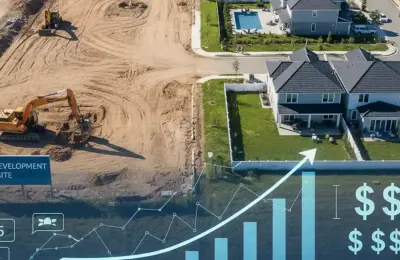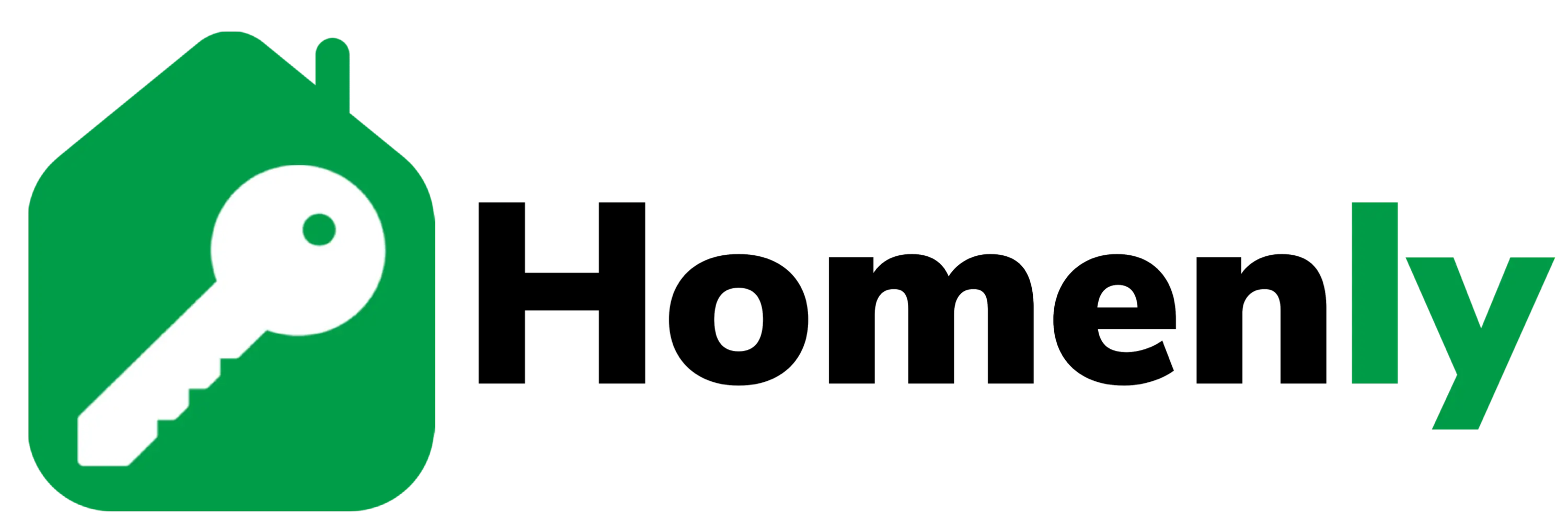
Legal Aspects of Buying Real Estate in Canada: The Role of the Lawyer and Notary

1. Lawyer vs. Notary: Regional Differences
In Canada, the role of the legal professional who handles conveyancing (the transfer of legal title) depends heavily on the specific province.
🇨🇦 Common Law Provinces: Ontario, Alberta, British Columbia (B.C.), etc.
In most Canadian provinces, including Ontario, conveyancing is primarily handled by Lawyers.
| Professional | Primary Role | Specifics in B.C. and Ontario |
|---|---|---|
| Lawyer | Client representation, comprehensive legal advice, handling potential litigation (should disputes arise). | Performs the majority of functions, including title search, registration, and transaction closing. |
| Notary Public | In provinces like British Columbia, notaries can also handle conveyancing for non-contentious real estate transactions. | In Ontario, notaries have limited powers and generally do not handle the full legal scope of real estate transactions. |
⚜️ Quebec
Quebec is unique as it is governed by Civil Law. Here, the Notary (Notaire) plays a central and mandatory role.
| Professional | Primary Role | Specifics in Quebec |
|---|---|---|
| Notary | Mandatory involvement in all real estate transactions, drafting and authenticating all documents, including the deed of hypothec (mortgage). | Acts as an impartial public officer, ensuring legality and protecting all parties (buyer, seller, lender). |
| Lawyer | May be engaged for consultation on negotiations or representation in disputes. | Cannot register deeds of sale and mortgages; this function belongs exclusively to notaries. |
2. Core Functions of the Legal Professional (Lawyer/Notary)
Regardless of the province, your legal professional is responsible for the most critical stages of the transaction:
1. Title Search and Due Diligence
This is the most crucial step. The lawyer or notary checks the property’s history to confirm that the seller is the legal owner and has the right to sell. They look for:
Liens and Encumbrances: Unpaid debts, old mortgages, or other financial claims tied to the property.
Easements: The rights of other parties to use a portion of your property (e.g., utility lines or neighbours).
Arrears: Unpaid property taxes or utility bills.
2. Securing Title Insurance
This is a policy that protects the buyer and the lender against unforeseen title problems that may not have been discovered during the search (e.g., fraud, errors in municipal records). The legal professional arranges this policy.
3. Dealing with the Lender and Documentation
The professional coordinates with your mortgage lender, reviews the Mortgage Document, and ensures that funds are transferred in accordance with all legal requirements.
4. Statement of Adjustments Calculation
This is the final document detailing all financial adjustments between the buyer and seller on the Closing Date, including:
Proration of property taxes.
Adjustments for utilities (where applicable).
Transfer of the deposit and calculation of the final amount due.
5. Closing the Deal and Registration
On the closing day, the lawyer (or notary in Quebec/B.C.) receives funds from the buyer and lender, transfers them to the seller (after paying off existing debts), and registers the new Deed of Land/Transfer at the Land Titles Office.
3. The Role in the Era of Electronic Registration
As of the end of 2025, most real estate transactions in Canada utilize electronic registration (e-registration), particularly in provinces like Ontario and British Columbia.
The Advantage: Electronic systems (such as Teranet in Ontario) require legal professionals to use specialized software for access and registration. This makes their role even more indispensable, as only licensed lawyers or notaries are authorized to work within these systems.
Speed: Electronic registration significantly speeds up the title transfer process, but only if the legal professional has meticulously verified all details prior to closing.
Conclusion: Your Guardian in the Transaction
The choice between a lawyer and a notary is largely dictated by the province in which you are purchasing the property.
If buying in Ontario or Alberta: You require a real estate lawyer for full legal representation.
If buying in Quebec: You must use a notary to authenticate the deed of sale and mortgage.
Despite the regional differences, the mission of the professional remains the same: to ensure you receive clear title and that your investment is protected from legal risks. Always choose a professional who specializes specifically in real estate conveyancing.
News insight
 Nov 18, 2025
Nov 18, 2025
Property Developer Earnings in the US Market: A Comprehensive Overview
Explore how US property developers earn money. Learn about profit margins (Residential vs. Commercia...
 Nov 18, 2025
Nov 18, 2025
What Is a Build-to-Rent (BTR) Development?
Discover what a Build-to-Rent (BTR) development is. Learn about this growing real estate model, its...
 Nov 17, 2025
Nov 17, 2025
Build-to-Rent: Transforming America's Housing Landscape
Explore how the Build-to-Rent (BTR) model is transforming the US housing market. Learn why instituti...
